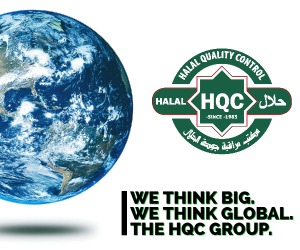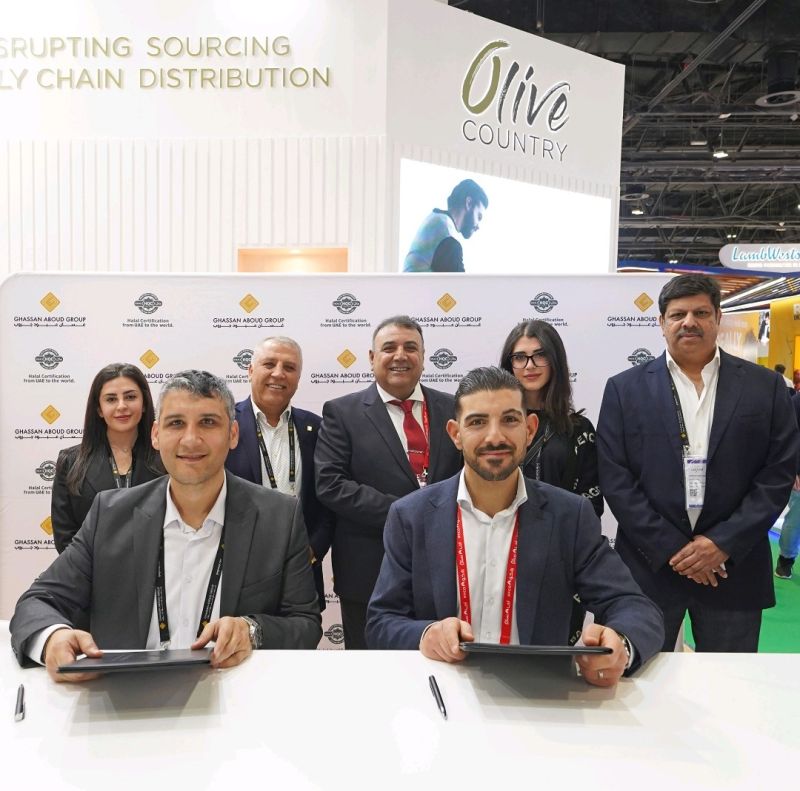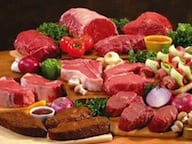 The directorate general of animal husbandry at the Agriculture Ministry was unaware of a crooked practices concerning resale of frozen meat in certain supermarkets in Jakarta.
The directorate general of animal husbandry at the Agriculture Ministry was unaware of a crooked practices concerning resale of frozen meat in certain supermarkets in Jakarta.
Loka Setia, the head of animal products safety supervision at the ministry, was astonished to learn about the issue. He said there was no regulation that strictly forbade the resale of frozen meat.
“We only manage food safety. We do not enforce the law on this specific issue ,” he told The Jakarta Post by phone on Tuesday.
He said the regulation for the sale of animal products emphasized healthy products and separating halal and non-halal meat.
Loka confirmed fresh meat that was frozen after being displayed for several days was not safe for consumption because it could have been contaminated.
“Such meat is not worth consuming because it has no nutritional value and they are no longer tender and juicy,” he said, adding that he would talk about the issue with Jakarta’s Agriculture and Maritime Agency.
Expensive and limited meat supply caused by restrictions on meat imports earlier this year have forced some retailers to apply a tricky method of making profit — freezing and reselling old meet at cheaper prices.
Supermarkets usually have a standard procedure in dealing with unsold meat that cannot stay on their shelves. However, Warta Kota daily newspaper recently reported the underground sales of unsold meat that involved internal employees of certain big supermarkets in Central Jakarta.
The frozen meat was sold 50 percent to 80 percent cheaper than the price tag.
Carrefour Indonesia spokesman Satria Hamid said his company’s outlets had a rigid regulation of destroying all unsold and broken goods,including meat, to protect their customers. He said he had not found any violation in the related department so far.
“The destruction of expired goods is witnessed by an internal officers in Carrefour and documented in detail,” he told the Post via phone.
Selling frozen meat has become a common practice in traditional markets, especially since consumers reduced their meat consumption following the price increase.
Ato, a beef trader at Palmerah Market in Central Jakarta said he sold up to 300 kg of meat when the price still sat at Rp 75,000 (US$ 7.5) per kg last year. His sales dropped to 100 kg when the price hiked to Rp 95,000 following the government’s decision to reduce import quotas earlier this year.
“I have to freeze the unsold meat because it is no longer fresh. The next day, I sell it again in the market or to my regular customers, including meat ball traders or Padang food restaurants,” he told the Post. He said he openly told his regular customers about the leftovers, which was always sold with a small discount of Rp 3,000 to Rp 5,000.
Ayung, another meat vendor, said that he also had to freeze the unsold beef and sell it on following days because his sales decreased by 50 percent to 50 kg per day.
While food business operators buy leftovers deliberately, household customers have little knowledge on the difference between the two.
“I don’t know how to distinguish fresh meat from the ones that have been frozen. After it is cooked, I will know [the quality] from the smell and taste,” said Fatimah, a resident of Gelora subdistrict in Tanah Abang who regularly buys meat. (ian)



